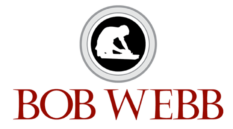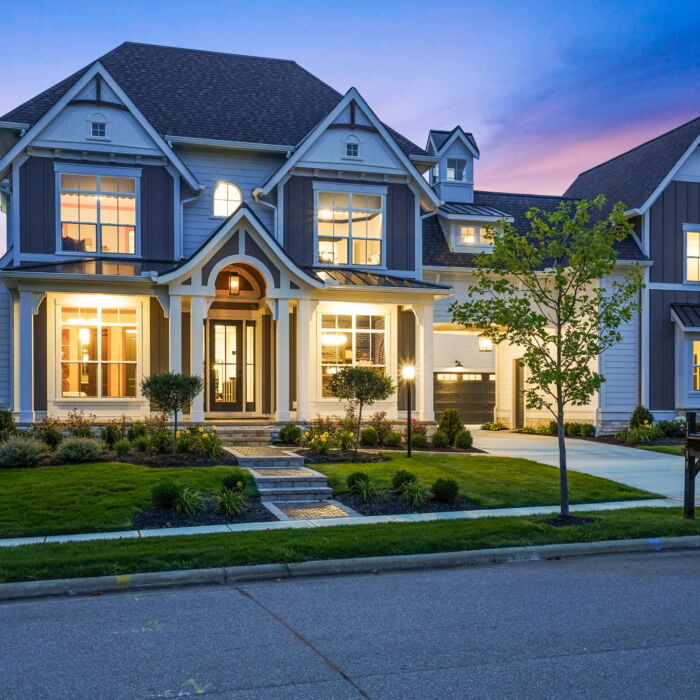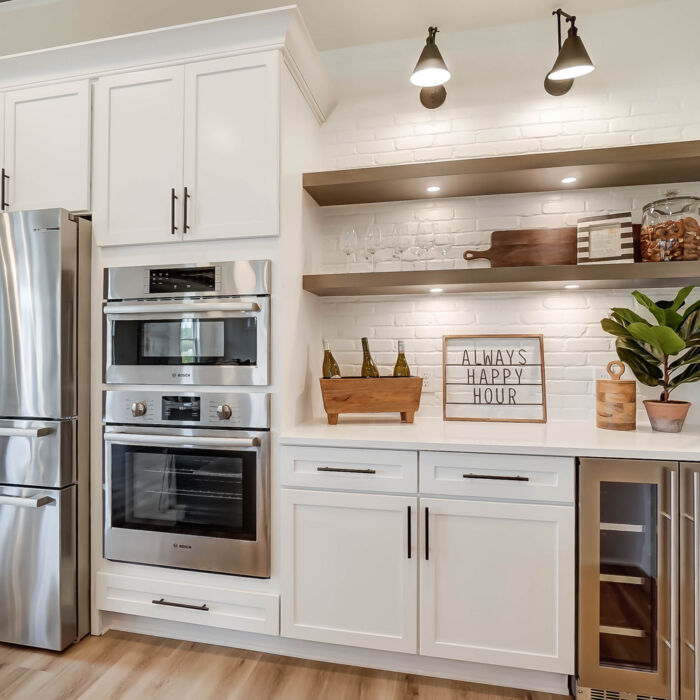Now that you’ve built your dream home (hopefully with Bob Webb), you know you’ve made your first big move towards energy efficiency in every nook and cranny. Because you built your home recently, you can rest assured the windows, the roof, the walls, the insulation, the water heater, the plumbing and the appliances are: (1) certified as energy efficient, (2) up to most current codes, and (3) fully warranted for many years to come.
Sure, your square footage may be larger, your ceilings may be higher, you may have opted for a wall of windows to face a scenic view. Yet with all the light and spaciousness, today’s energy-smart home is far more efficient than homes built 40, 30 or even 20 years ago.
An Energy Audit Can Help – Online or In-home
You just built a brand new, energy-efficient home and that’s a very big step in a very smart direction. The next step is to take a closer look at how your family lives in that home so you can see what small changes could greatly impact energy usage and consumption.
Why not start with a Home Energy audit? This handy personalized report can help you analyze your family’s usage as well as your home’s structure/appliances/insulation and vital statistics. You can do a basic audit online by Googling sites like Alliant Energy (link follows) or request a more formal in-home audit by energy experts in your area.
Learn more about home energy audits
Small Steps Can Make Big Energy Impact
Parents who care about energy usually create children who care about energy. It’s just one of those laws of nature. If that’s the case, you may already have most of these common-sense energy-saver tips already drilled into your head by some very thoughtful parents.
And if not, take this list and keep it handy as a reminder of some of the baby steps you and your family can take to lessen consumption, lower your bills and do your part in protecting valuable energy sources for generations for come.
Common-sense Tips for Energy-conscious Living:
- Set water heater temperature at 120 degrees – perfect temperature
- Switch out all incandescent bulbs for CFL or LED – maximum efficiency
- Take showers, not baths – showers take 7.5 gal.; baths can take 20 gal.
- Install a water-saver shower head – it won’t affect water pressure
- Fix leaky faucets immediately – especially hot water leaks
- Use lighting control devices – dimmers, sensors, motion detectors
- Unplug electrical devices when not being used – computers, tvs, lights, etc.
- Run dishwasher only with full loads – always use the air-dry cycle
- Don’t overload refrigerator or freezer- cold air needs to circulate
- Don’t open refrigerator or oven door often – big energy-waster
- Keep the refrigerator at 36-38 degrees – keep the freezer at 0-5 degrees
- Vacuum refrigerator coils twice a year – keeps compressor clean
- Use hot water to wash dirty clothes – use cold water for rinse
- Clean the dryer lint screen every time – lint reduces efficiency
- Remove clothes from dryer while still damp – saves energy, fewer wrinkles
- Dry one load immediately after another – before dryer cools down
- Natural gas more efficient than electric – for appliances, etc.
- Try a natural gas or electric grill – instead of charcoal or propane
- Keep the garage door closed – especially during winter
- Check exterior for air leaks – even new homes can have leaks
- Seal doors and windows – with the right caulk, weather stripping
- Set the AC thermostat to “ON” instead of Auto – keeps air circulating
- Maintain AC by cleaning outside compressor – do this annually





